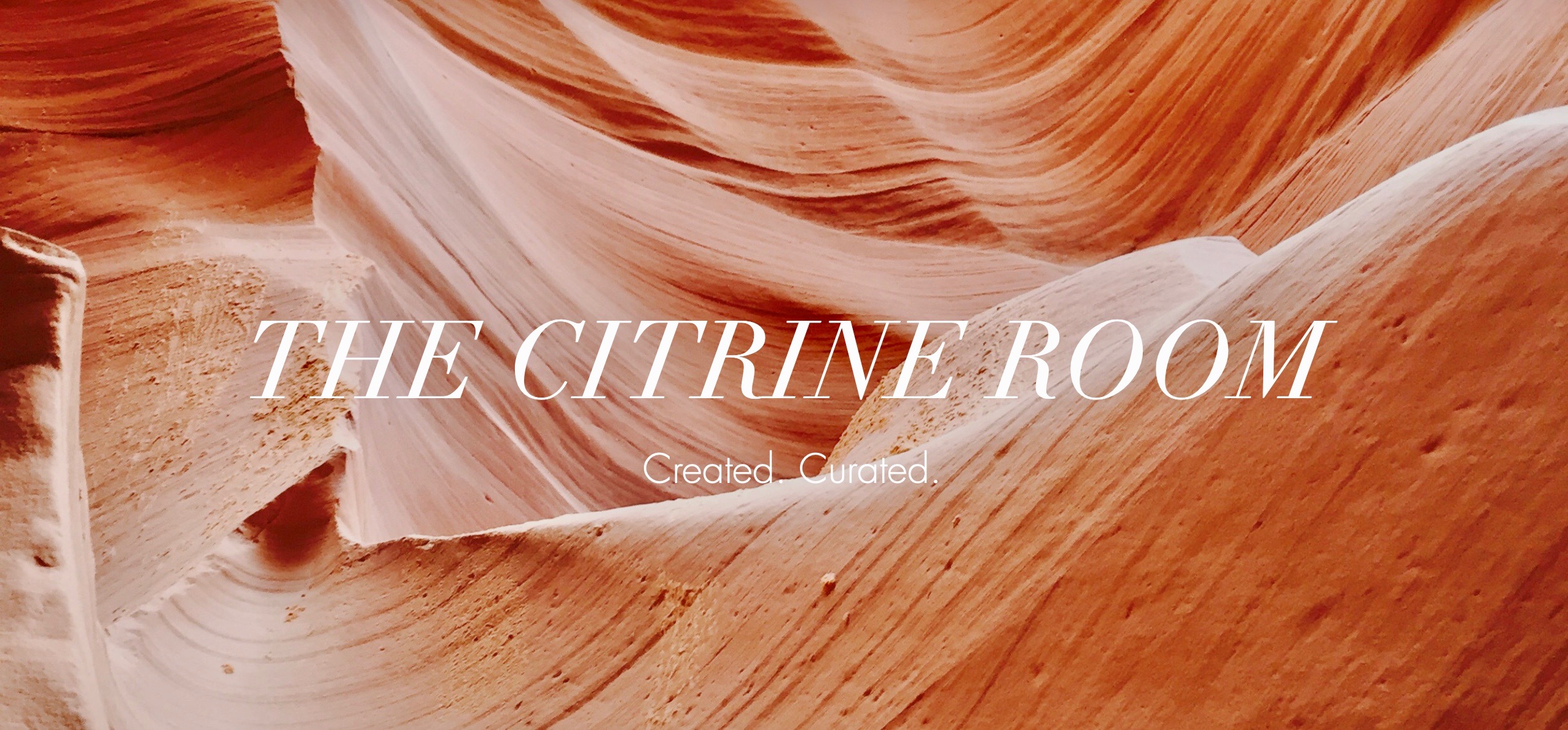When Stress Feels More Familiar Than Peace: Understanding the Fear That Holds You Back
- MR

- Feb 27, 2025
- 4 min read
Updated: Feb 28, 2025
Have You Ever Felt More at Home in Stress Than in Peace?
I recently had a powerful session with a client that brought up something so many of us can relate to—especially those of us who are self-employed. She had been struggling with fear around her income, questioning whether she should stay on the uncertain path of building her own business or retreat to the security of a conventional job. Every time she moved towards the projects and opportunities that truly excited her, fear would pull her back, whispering that she needed something "safe."
But during our session, she had a lightbulb moment: That fear? That voice? It wasn’t hers.
It was a belief instilled in her from a young age by a parent. She grew up being taught that life was full of struggle, where stress and worry were constants, and where joy wasn’t seen as something available to people like her and her family. Security came from working hard, keeping your head down, not acknowledging or celebrating overcoming hurdles, and certainly not taking risks. The idea of making a living through joy, freedom, and passion was completely foreign. And so, every time she stepped towards the life she wanted, that old belief would resurface, warning her not to stray too far.
And here’s what was even more interesting: When life was stressful, she knew exactly how to operate. She could find her way in chaos. It was familiar, even comfortable. But when things were peaceful? That’s when the fear kicked in. That’s when her mind would start searching for a problem to solve, a reason to worry, a reason to hold back.
It is natural to feel the stresses of life—to experience fear, insecurity, and self-doubt. These feelings are part of being human. However, the real issue is when they begin to overtake our decisions, keeping us stuck in old patterns instead of moving forward.
This is what fear does—it keeps us tethered to outdated narratives, whispering that something will go wrong if we dare to grow. But once we recognise where these thoughts come from, we can begin to change them.
Four Ways to Navigate Fear and Move Forward
Expect the Fear—Then Acknowledge It
Instead of pushing fear away or letting it dictate your choices, acknowledge it. Even welcome it. Fear isn’t an omen of failure—it’s information. It’s an echo of an old story, a belief playing on repeat. When you acknowledge it without judgment, you take away its power and create space for a new narrative.
Regulate Your Nervous System
Fear often triggers a fight-or-flight response, making it hard to think clearly. Ground yourself with a simple technique:
Breathe in for four counts, hold for four, and exhale for six.
Move your body—walk, stretch, or shake it out.
Use a mantra like “I am safe. I am capable.” to anchor yourself in the present.
Reframe the Story You're Telling Yourself
Have a conversation with that emotion. Ask yourself: 'What are you trying to tell me?' 'Is this fear actually mine, or is it something I was taught?' You would be surprised by just how much wisdom there is in our emotions--even the ones that feel challenging. Often, we carry limiting beliefs from childhood or past experiences. By identifying where they come from, you can begin to challenge them. What would be possible if you didn’t believe this fear to be true? Ask yourself, 'Is this feeling helping me or hurting me?'
Take One Small Step in the Direction of What You WantFear thrives on inaction. The more we hesitate, the more power it has. The key is to take one small step—even if it feels uncomfortable. Send the email. Make the call. Say yes to the opportunity. Action disrupts fear and builds confidence in the process.
Reclaiming Your Power
I've said it before and I will say it again: life is not linear. We will have good days and challenging days. The fears will always be there--some days they will be very present, others, they will lay quietly beneath the surface. But the more we recognise where they come from, the more we can see them as a useful part of us (where they remind us to do the necessary checks and balances before we move forward). When we can observe those feelings with compassion and curiosity—not through the eyes of the person who first learned them, but as the person we are now, we start to take ownership of our lives. We learn to be less reactive and more proactive in our choices. We learn to eventually stop making choices out of fear and start making them from a place of intention, purpose, and possibility. It takes time and effort but it's worth it.
The light in that lightbulb moment signifies a recognition of who we are at our core, not the beliefs that try to dim it. It’s a call to follow what feels expansive, rather than what feels "safe". It’s about trusting our ability to navigate the unknown, knowing that fear doesn’t have to be the one in control.
Because when you learn how to manage your emotions, your emotions won't be managing you.
That’s when everything shifts.
Monita xo






The Anatomy of an Excellent Assessment: Mastering the Craft at Capella University
Capella University’s competency-based learning model offers a unique educational experience: instead of traditional exams or participation grades, students demonstrate mastery through assessments that reflect real-world Capella Assessment. These assessments are the heart of Capella’s academic framework, and for learners committed to producing exceptional work, understanding what goes into a great assessment is the key to success.
Whether you're new to Capella or aiming to take your work from “Proficient” to “Distinguished,” this article breaks down the elements of an outstanding assessment—what it looks like, how to build one, and how to approach each task with purpose and precision.
Understanding the Purpose of Capella Assessments
Capella assessments are designed to evaluate…